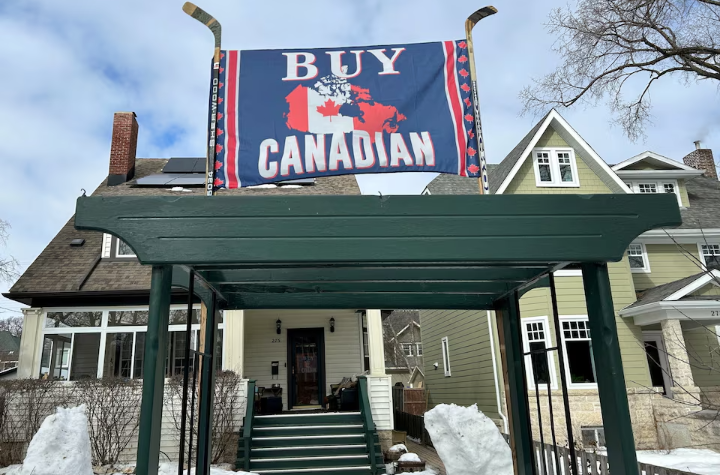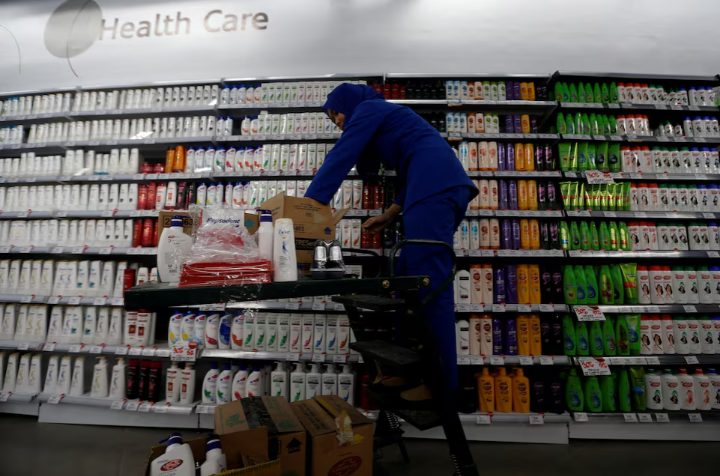The "Buy Canadian" movement is reshaping the retail landscape, leaving many U.S. companies struggling to maintain their foothold in the Canadian market. The trend has been fueled by growing nationalist sentiment among Canadian consumers, who are increasingly opting for locally made goods. Parasol Co., a California-based diaper company, saw its Canadian distributor cancel their product launch, citing a shift in consumer preferences and rising anti-American sentiment. Many businesses attribute this movement to U.S. trade policies, which have led Canadians to reject American imports in favor of domestic products.
The impact is particularly severe in the beverage industry, where Canadian liquor boards have stopped purchasing American alcohol in retaliation for U.S. tariff threats. Provinces like Ontario are promoting homegrown beverages and replacing U.S. products with local alternatives. American wineries and distilleries that once relied on the Canadian market are now struggling, as retailers phase out their products. The Liquor Control Board of Ontario has even launched campaigns encouraging consumers to support Canadian brands over American ones.
Canada's response to U.S. tariffs has gone beyond just consumer behavior—businesses and government officials are actively backing the "Buy Canadian" movement. Prime Minister Justin Trudeau has condemned U.S. trade policies and introduced countermeasures, including tariffs on American goods and strengthened border security. Some Canadian retailers have even started targeting products from Republican-led U.S. states in response to trade disputes. The movement has gained significant traction online, with viral campaigns encouraging Canadians to boycott American goods.
Surveys suggest that the boycott is having a profound effect. A recent poll found that nearly all Canadian consumers—98%—are now prioritizing "Made in Canada" labels, and 85% have actively replaced some U.S. products with Canadian alternatives. Social media groups advocating for Canadian-made products have surged in popularity, with one Facebook group amassing over a million members. Many major retailers are supporting the shift by prominently labeling Canadian goods and promoting homegrown brands.
For U.S. retailers, the Canadian market is becoming increasingly difficult to navigate. Companies like Nordstrom and Lowe’s have faced major setbacks, leading to store closures and exits from Canada. High shipping costs, bilingual packaging regulations, and strong local competition have made expansion challenging. As Canadian consumers double down on their preference for local products, many U.S. brands are being pushed out, signaling a major shift in cross-border commerce.





